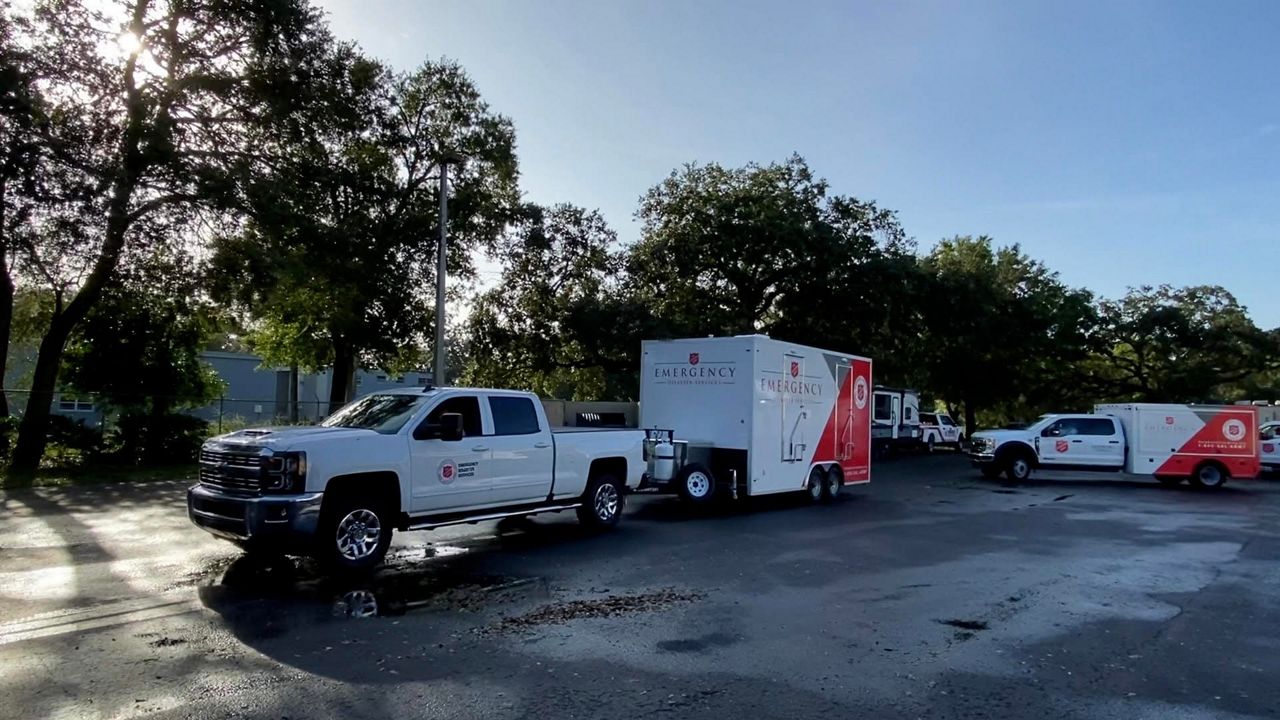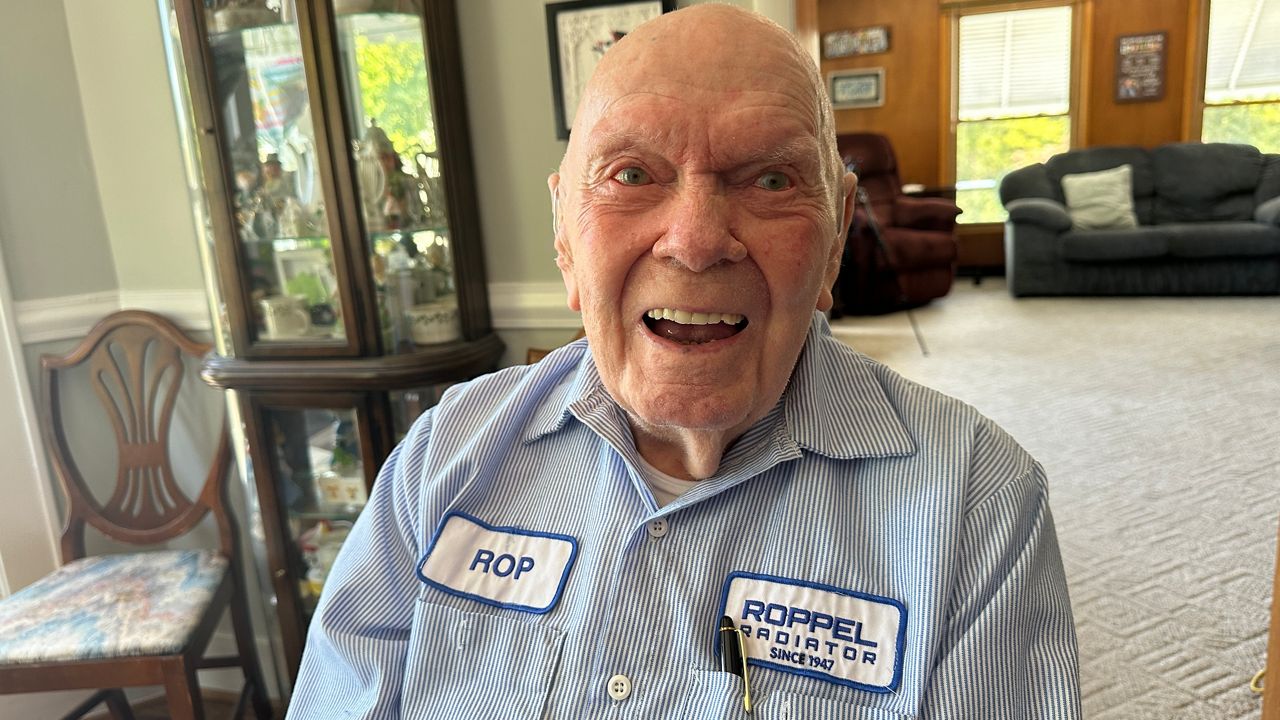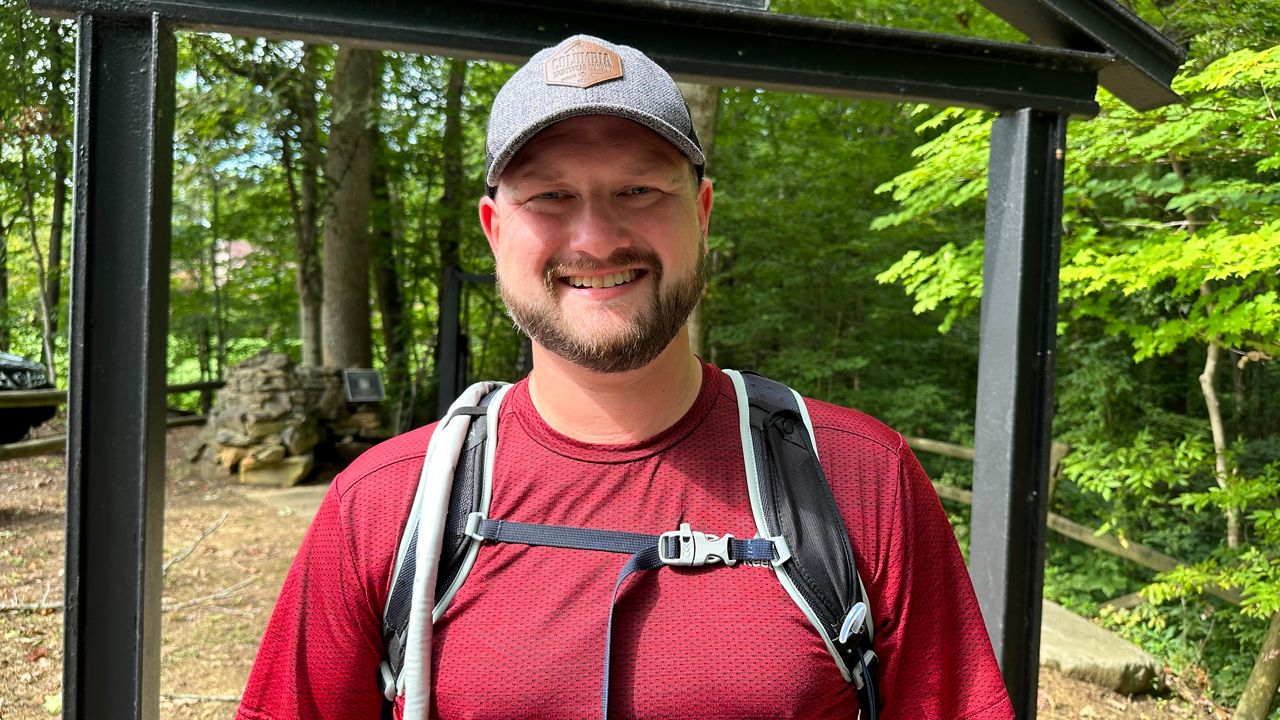LOUISVILLE, Ky. — Librarians in Kentucky’s largest school district are learning new ways to support their students.
Stephanie Conrad works at Ballard High School in Louisville, but has been a librarian with Jefferson County Public Schools for over 20 years. She says new technology like artificial intelligence creates more ways for students to consume information.
“It is important that we work with teachers and teach students how to identify bias, how to identify, any kind of propaganda, any kind of, incorrect news, and teach students how to triangulate information and so that they can confirm things that they hear instead of just believing whatever they see immediately on TikTok,” Conrad said.
The JCPS Librarian’s Summer Academy is providing a space for librarians to learn how to cater to their students’ needs. Conrad says she has particularly enjoyed learning about how to use tools like AI with students.
“How do we teach a child who’s starting kindergarten now, who will retire in 2085? How do we teach them how to use these tools effectively?”
The program connects librarians from schools across the district. One mission of the two-day event is to encourage librarians to reimagine what libraries can be for students.
“If we don’t bring it together, they don’t really have that opportunity. If we don’t give them the opportunity to learn the new trends, they don’t learn them. So if we don’t put it together and curated for them in the summer learning program, then they’re not going to get it,” said Dr. Lynne Reynolds, the Executive Director of Literary Media Services.
JCPS’ Literary Media Services department helps support all JCPS school librarians. Conrad said she is striving to teach her students the ethics and practical ways to use artificial intelligence.
“What is technically cheating? And then what is a responsible use of things like ChatGPT, which you can get ChatGPT to? You can plug in your chapter in biology and get it to tell you, like make a list of study questions, make flashcards, all kinds of uses that we never thought possible that children can do immediately and help them learn to study better.”
The librarians are also learning about literacy, digital access and engaged inquiry.










